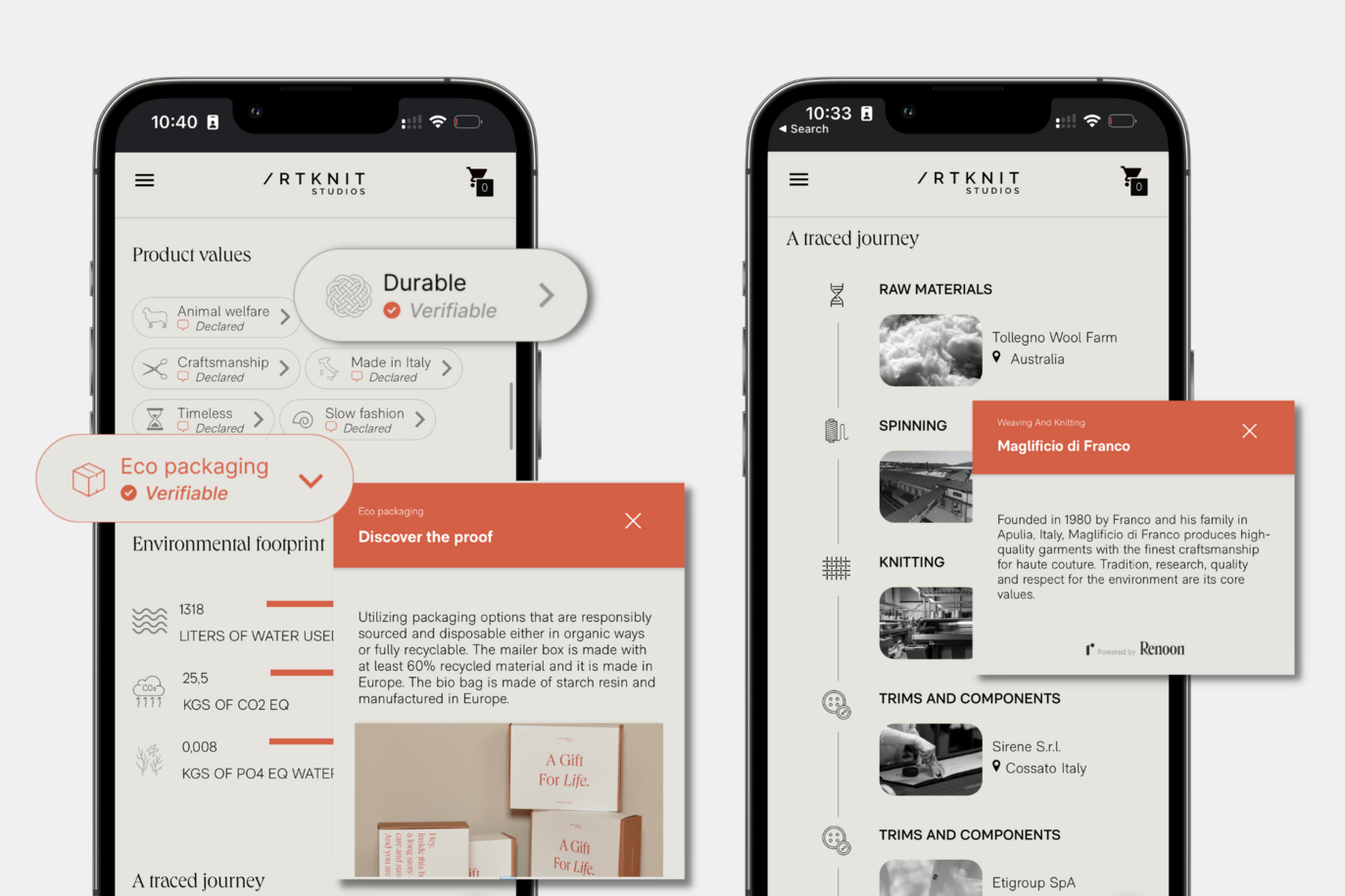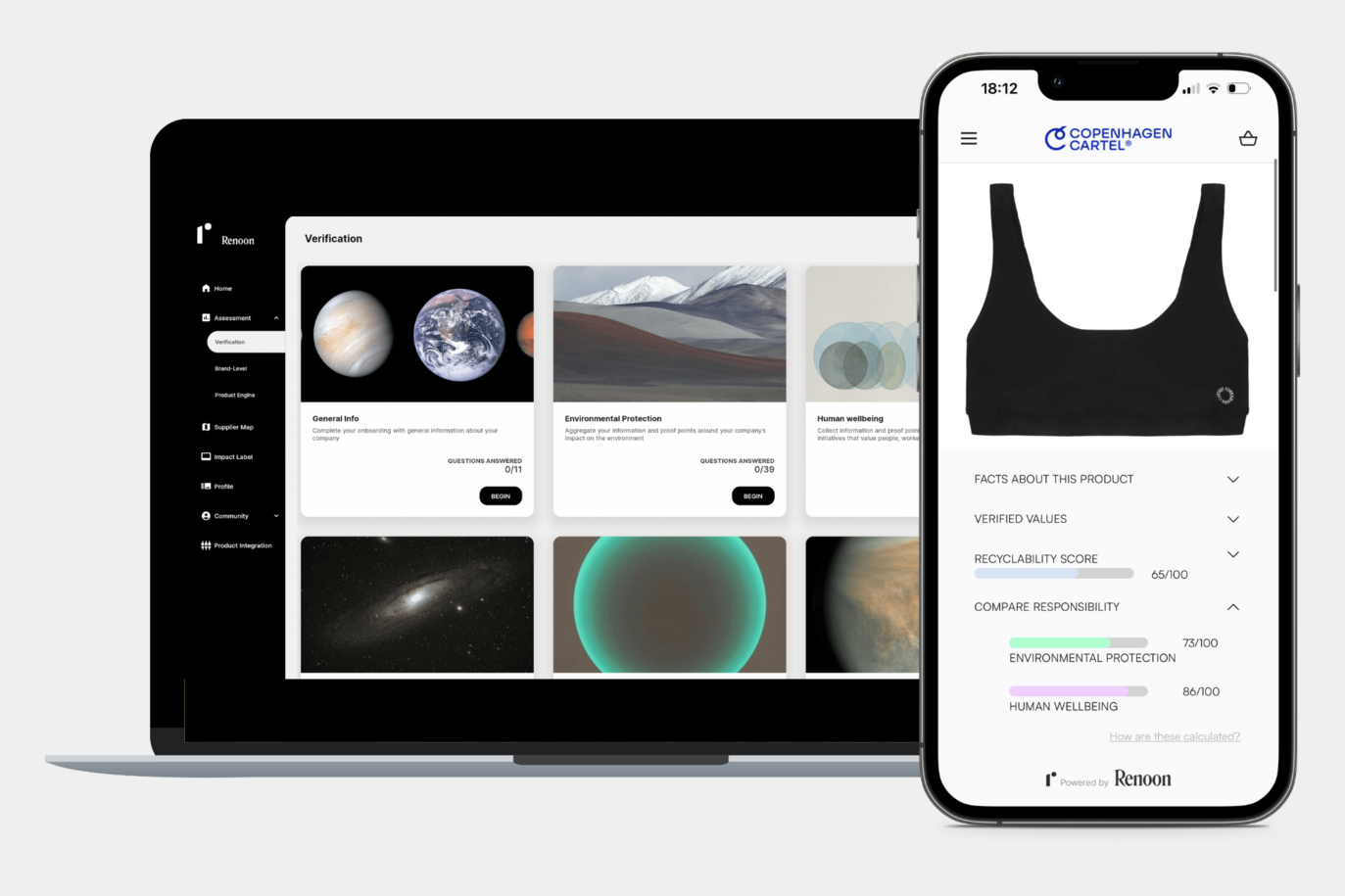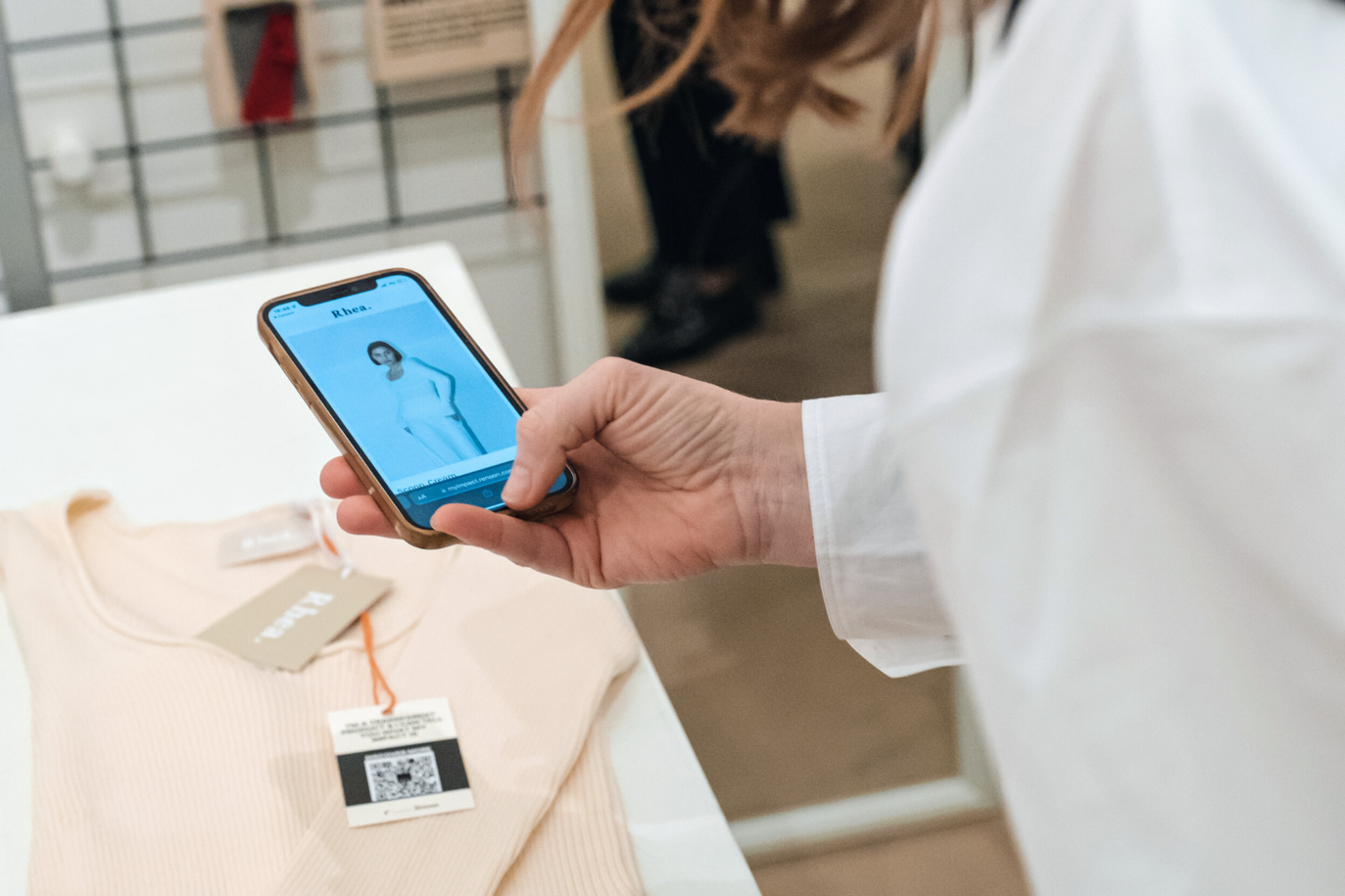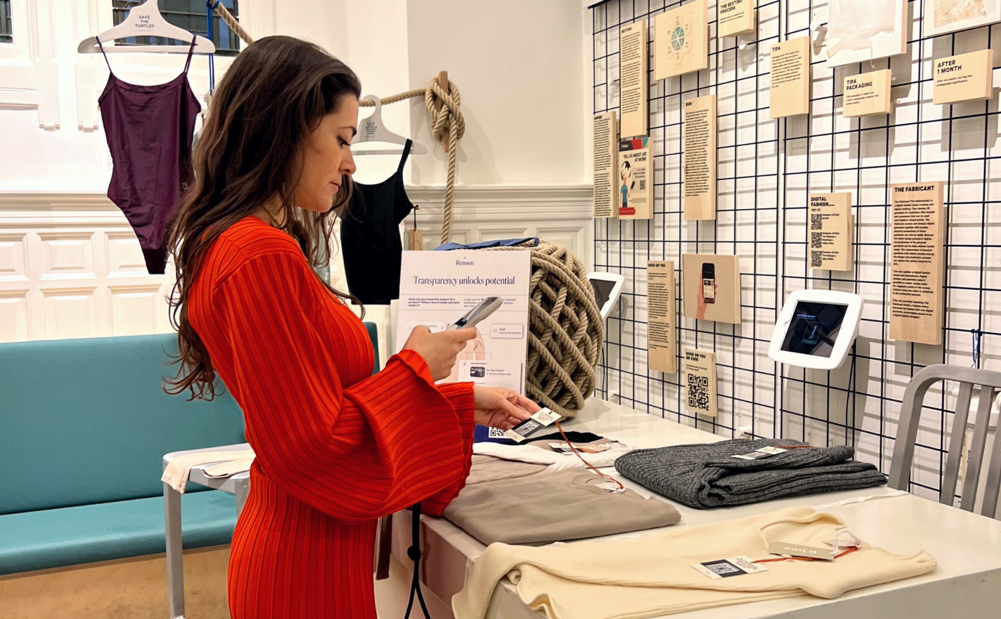The case illustrates a common challenge for marketing strategists and entrepreneurs focused on sustainability: while ideas or innovations may create tangible value for consumers (or others), there is no guarantee that a business can extract enough value to remain profitable over time while staying true to its original mission.
After engaging with this case to explore alternative business models and think creatively about possibilities, students should be able to:
1. Understand the impact of a firm's orientation toward customers versus other businesses on profitability;
2. Explore how platforms can be monetized, particularly the challenges of growing a platform by focusing on users versus technology;
3. Explain how consumers perceive sustainability and how companies can leverage consumer psychology to create value; and
4. Appreciate and be better prepared to handle the challenges of building and scaling a tech business with a sustainability focus.

Dive into the challenges and solutions shaping the future of fashion through our newest case podcast on Renoon. Click on the link below to listen and explore the impact of sustainability in the industry!
This case can be used in MBA, EMBA, and other Master or executive-level courses in business management. It is particularly suited for teaching sustainability-focused classes that illustrate the strategic marketing challenges faced by multisided platform businesses.
Additionally, it is suitable for digital marketing or digital transformation classes that explore platform dynamics and monetization strategies. Given its focus on a startup operating in the sustainability space, the case is also ideal for courses in entrepreneurship, business ethics, or business society management.

B2B; B2C; fashion; greenwashing; innovation; monetization; multisided platform; MSP; profitability; reseller; startup; sustainability; technology; trust

This multi-source case includes the following materials:
- Introduction and Summary (available on this webpage, click here to download the PDF version)
- Teaching Case (restricted access)
- Teaching Note (restricted access)
- PowerPoint Presentation for Teachers (restricted access)
- Teaching Video – Example Class (restricted access)
- Teaching Video – Company Solution (restricted access)
- Pre-Class Survey (restricted access)
To access the secured content, please download the teaching note from The Case Centre, which provides the necessary access information. Erasmus University Rotterdam staff can download it for free, while external users will need to purchase it. Detailed instructions for both are available here.
To access the secured content, please download the teaching note from The Case Centre, which provides the necessary access information. Erasmus University Rotterdam staff can download it for free, while external users will need to purchase it. Detailed instructions for both are available here.
